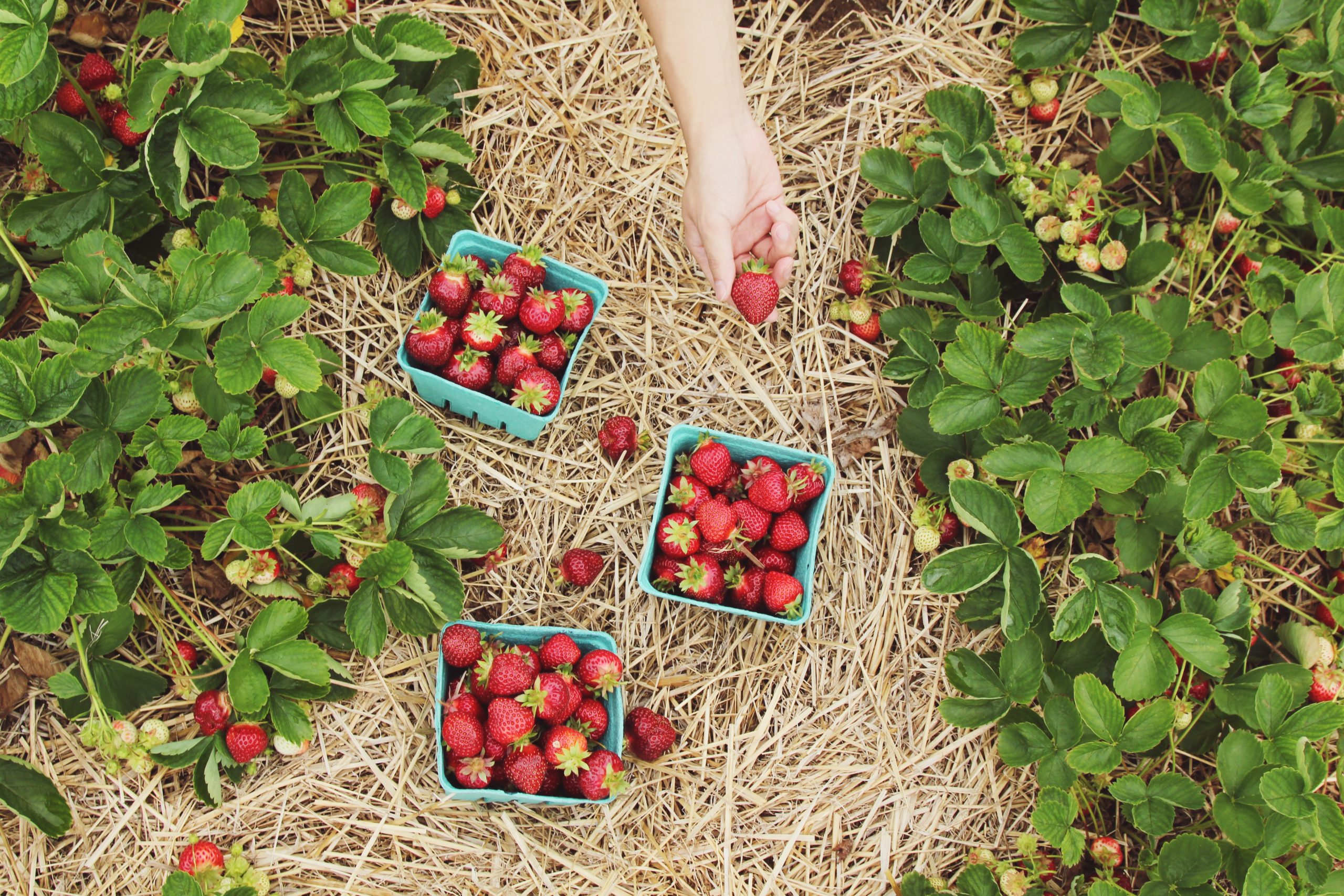
Have you ever dreamed of ditching the 9-5 grind to work outdoors with your hands, surrounded by nature? If so, you’re not alone. Many people are interested in starting their own farm but don’t know where to start. Here are five ways you can start an organic farm from scratch.
1. Find some land.
This is probably the most difficult part of starting an organic farm. You will need to find land that is zoned for agricultural use and has good water access. Once you’ve found a piece of land that meets these criteria, you must obtain the necessary permits and licenses from your local government.
If you’re interested in starting an organic farm from scratch, you’ll need to find some land first. This may seem like a difficult task, but with a little patience and perseverance, it can be done. The best way to find land for sale is to search online listings or contact your local real estate agent. Once you’ve found a few potential properties, take the time to visit them in person to get a better idea of the lay of the land. If you’re serious about starting an organic farm, it’s also important to consider the climate and soil conditions of the area. The ideal location for an organic farm will have moderate temperatures and rich, fertile soil. With careful planning and hard work, you can find the perfect piece of land to start your own organic farm.
2. Create a plan.
Before you start farming, it is important to have a plan. This plan should cover what crops you want to grow, how you will require irrigation, what type of fencing you will need, and what additional structures you will need to put on your farm. Creating a plan will help you stay organized and on track as you start your organic farm.
Before starting an organic farm, there are a few key things to remember. First, it is important to have a clear business plan. This should include a detailed financial analysis and a marketing strategy. Next, it is essential to choose the right location for the farm. The climate and soil type will greatly impact what crops can be grown successfully. Once the farm is up and running, it is important to create a system for tracking crop yield and soil fertility. This data can help farmers adjust their practices to improve yields and maintain long-term productivity. By following these steps, farmers can set themselves up for success when starting an organic farm from scratch.
3. Build infrastructure.
Once you have your land and plan, it’s time to start building the infrastructure for your farm. This includes things like fences, greenhouses, sheds, and irrigation systems. If you’re not handy with tools, you may need to hire someone to help you build these things. But don’t worry; plenty of resources are available to help you get started.
Building an organic farm from scratch requires significant infrastructure development. The first step is to develop a robust irrigation system. This system must be designed to deliver water efficiently to all parts of the farm and withstand heavy use during the growing season. Next, farmers must develop a storage system for fertilizer and other inputs. This system should be designed to protect these materials from the elements and keep them organized for easy access. Finally, farmers will need to build a number of structures on their farms, including greenhouses, sheds, and barns. These structures will provide shelter for crops and animals and allow farmers to control the environment in which they are grown. With the right infrastructure, farmers will be well on their way to starting a successful organic farm.
4. Start planting.
Now comes the fun part! It’s time to start planting your crops. If you’re new to farming, starting with a small crop is important so that you can learn as you go. You may also want to consider planting a cover crop such as clover or alfalfa to help improve the quality of your soil.
Starting an organic farm from scratch can be daunting, but with careful planning and a little hard work, it is possible to create a thriving farm that produces healthy, organic food. The first step is to choose the right location. The land should have access to water and sunlight and be large enough to accommodate the crops you plan to grow. Once you have found the perfect spot, it’s time to start planting. Choose seeds suited for your climate and soil type, and follow all the instructions for planting and care. With a little patience and dedication, you will soon be rewarded with a bountiful harvest of fresh, organic produce.
5. Market your farm.
Once your crops grow, it’s time to start marketing your farm! There are many ways to do this, including setting up a website or blog, selling at farmers’ markets or roadside stands, or even direct marketing through Community Supported Agriculture (CSA) programs. Be sure to let people know that your farm is certified organic so they can be confident in the quality of your products.
Before starting an organic farm from scratch, you need to market your farm. This includes finding the right land, registering your farm with the Organic Farm Certification Program, and developing a marketing plan. The first step is to find land that is suitable for organic farming. This means finding land free of synthetic pesticides and fertilizers, having a good water supply, and receiving plenty of sunlight. Once you have found the perfect piece of land, you need to register your farm with the Organic Farm Certification Program. This program ensures that your farm meets all the requirements for organic certification, such as using only approved pest control methods and organic seed sources. The final step is to develop a marketing plan. This plan should include strategies for reaching your target market, such as setting up a website or participating in local farmers’ markets. By taking these steps, you can be sure your organic farm will succeed.
Organic farming is a great way to live a more sustainable lifestyle while providing healthy food for yourself and others. If you’re thinking about starting an organic farm, there’s no better time than now! Just make sure to do your research and plan everything out before you start. With a little hard work (and maybe some help from Mother Nature), you’ll be on your way to becoming a successful organic farmer in no time!


